Peak Oil and Peak Credit do not exist in a vacuum; they're why we have Peak GDP, Peak Dow and Peak Income.
Would we really be surprised if Peak Oil was associated with Peak GDP and Peak Dow Jones stock market average? Let's start with a chart of global oil production and the Dow Jones Industrial Average (DJIA), courtesy of
Chartist Friend from Pittsburgh.
This chart suggests the Dow may track oil production on the downside, just as it tracked it on the upside.
We get a slightly different but related view if we look at the price of gasoline and gross domestic product, a broad measure of economic activity. Here we see that high prices of gasoline are correlated with low economic activity/stagnant GDP:
While GDP is somewhat abstract, disposable household income is what's in our checking account. Once again we find a high cost of gasoline is correlated with stagnant income:
Common sense suggests that if employment is rising, the stock market should follow as more jobs means more wages, sales and profits. We see this correlation in the overlay of the S&P 500 (SPX) and employment until the latest recession and stock market Bull run-up: this is clearly a jobless "recovery" yet the stock market has more than doubled. Is this decoupling of employment from the stock market "the new normal" or an aberration that's about to revert to historical correlation? To do that, the market would need to fall in half or the economy would need to add 10+ million jobs in short order.
If we combine Peak Oil with Peak Credit, we get a household sector with stagnant disposable income burdened by servicing monumental debt loads. Here is a chart of household liabilities and wages/salaries, unadjusted for inflation. Household debt has completely outstripped income.
These charts do not paint a picture of robust recovery, they sketch a grim picture of stagnant household incomes and rising costs for fuel and debt service.
 Resistance, Revolution, Liberation: A Model for Positive Change (print $25)
Resistance, Revolution, Liberation: A Model for Positive Change (print $25)
(Kindle eBook $9.95)
We are like passengers on the Titanic ten minutes after its fatal encounter with the iceberg: though our financial system seems unsinkable, its reliance on debt and financialization has already doomed it.We cannot know when the Central State and financial system will destabilize, we only know they will destabilize. We cannot know which of the State’s fast-rising debts and obligations will be renounced; we only know they will be renounced in one fashion or another.
The process of the unsustainable collapsing and a new, more sustainable model emerging is called revolution, and it combines cultural, technological, financial and political elements in a dynamic flux.History is not fixed; it is in our hands. We cannot await a remote future transition to transform our lives. Revolution begins with our internal understanding and reaches fruition in our coherently directed daily actions in the lived-in world.
| Thank you, Michael Y. ($50), for your exceptionally generous contribution to this site--I am greatly honored by your support and readership. | | Thank you, David L. ($5/mo), for your prodigiously generous subscription to this site--I am greatly honored by your support and readership. |
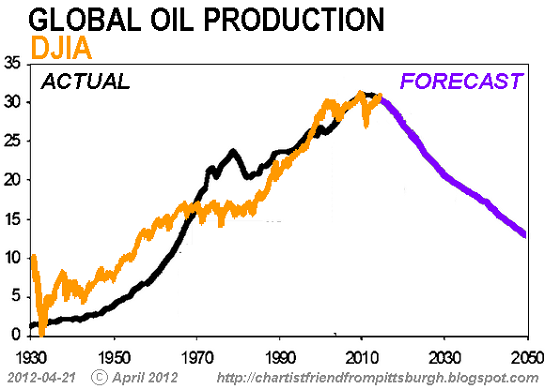
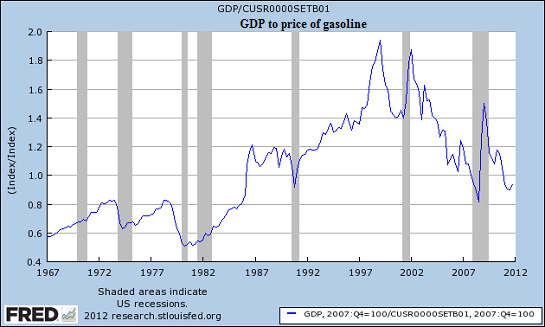
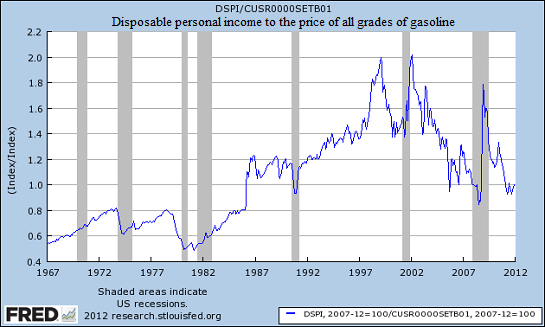
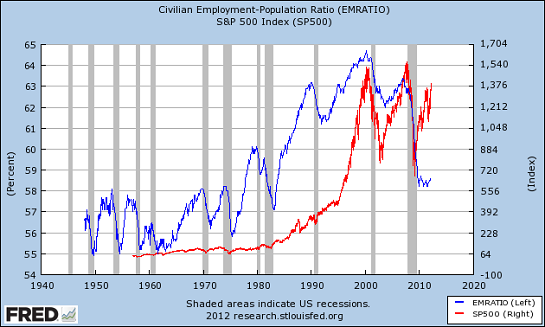
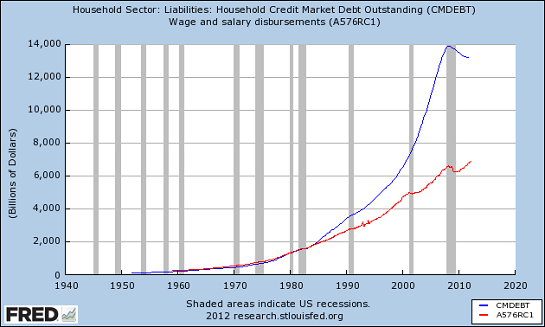
 Resistance, Revolution, Liberation: A Model for Positive Change (print $25)
Resistance, Revolution, Liberation: A Model for Positive Change (print $25)


























